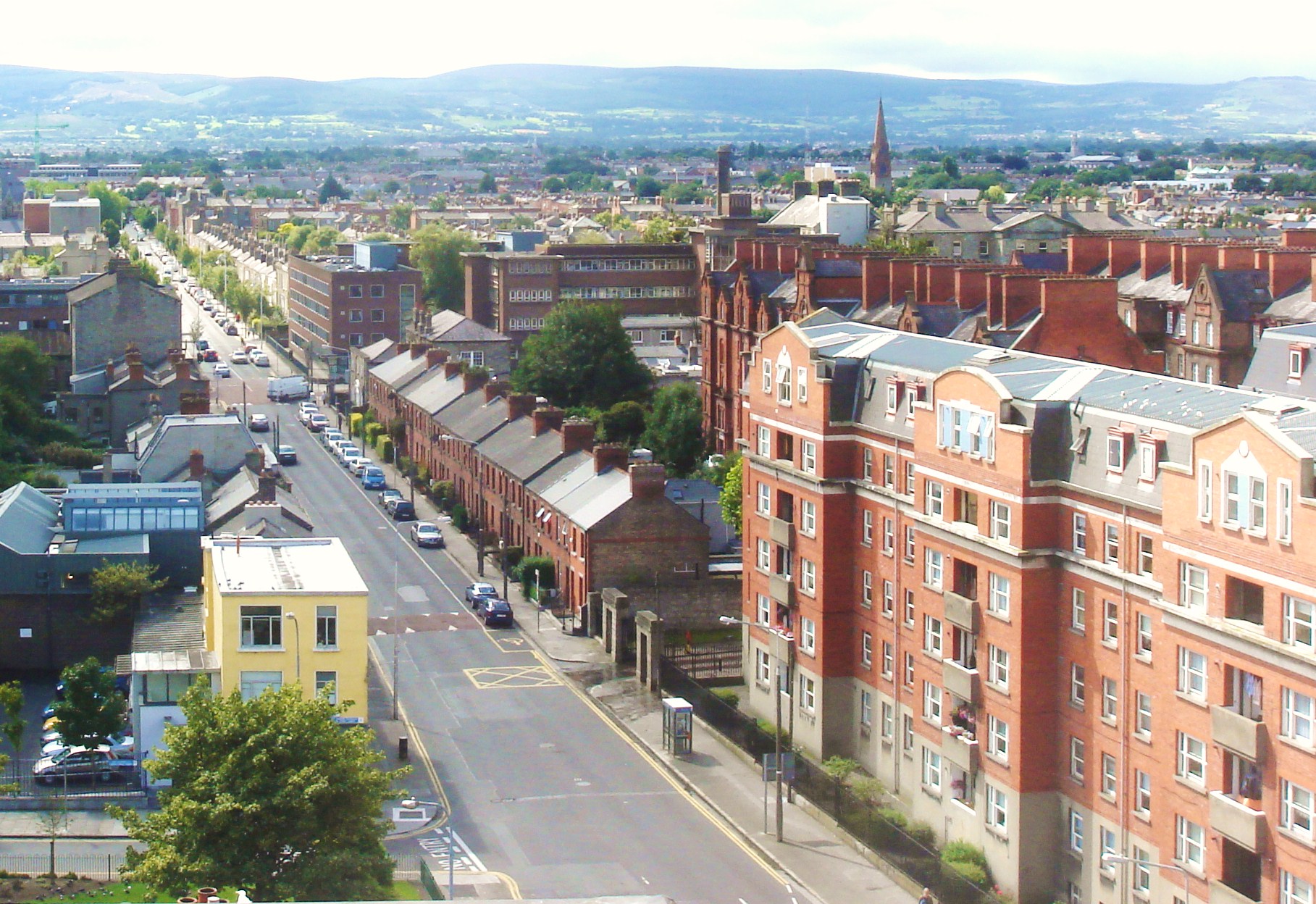House prices rose by €1000 a month in Ireland in 2018, according to a report by Ronan Lyons, an Assistant Economics Professor in Trinity.
The report, published by daft.ie, discloses a national increase in housing prices of 5.5% in the past year, which is significantly lower than the increases of 8% and 9% seen over the last three years. This marks the lowest end-of-year inflation rate in Ireland since 2013.
Dublin housing prices saw an increase of 2.9% this year, a figure considerably smaller than the increase of 11.7% seen in 2017.
The availability of properties to buy on the market rose by 10% over the past twelve months, marking the first year-end increase in availability in a decade. Availability in Dublin alone rose by 40%, leading to the market cooling down after years of double-digit growth in the capital.
Lyons credits this increased availability as a key factor in the changing cost of housing, stating: “Perhaps the most notable trend in the sales market right now is the extraordinary growth in availability of homes for sale, especially in Dublin (where construction is concentrated).”
“The increase in homes being built – especially estate houses – in the last 18 months, though, has helped cool down inflation, in particular in the greater Dublin area, where construction activity is focused,” Lyons continued.
However, Lyons noted that there is “no such relief” in the rental sector, where availability “continues to worsen”.
Housing took priority in student protests this year with Trinity students among 3,000 protesters who took to the streets for the “Raise The Roof” rally in October, which saw protesters call on the government to take immediate and effective steps towards solving the housing crisis. The Raise the Roof campaign, launched by housing activists in September, involves students’ unions, trade unions, campaign groups, women’s groups, charities and political parties demanding a solution to the housing crisis from the government.
In September, Trinity students participated in a sit-down protest on O’Connell bridge with Take Back the City, a grassroots housing movement which emerged this summer following Take Back Trinity protests earlier this year. Over 500 protesters blocked traffic on the city centre bridge, with support from Trinity College Dublin Students’ Union (TCDSU) and the Union of Students in Ireland (USI). The activists had previously engaged in occupations of vacant properties on North Frederick Street, Belvedere Place and Summerhill Parade.
Beyond Dublin, inflation in housing prices were similar in both 2018 and 2017. Inflation in Waterford city remained at 8.6%, while in Limerick inflation increased from 6.9% in 2017 to 9.8% in 2018. Prices in Cork rose by 5.8% in 2018, compared to 5.1% in 2017, while in Galway city, prices rose by 6.3% compared to 8.1% the previous year.
Across the country, student protests related to housing have gained traction this year. Dublin City University (DCU) students staged a series of direct actions, including a demonstration outside the Dáil in April, following a 27% rent increases at student accommodation complex Shanowen Square.
National University of Ireland, Galway Students’ Union (NUIGSU) filed an unsuccessful case during the summer against student accommodation provider Cúirt na Coiribe through the Residential Tenancies Board following 18% rent increases for students.
In Cork, University College Cork (UCC) students rallied against increasingly costly student accommodation after newly-opened accommodation building Amnis House saw rent costs of up to €8,550 per term.
Taoiseach Leo Varadkar has insisted that there is no “quick fix” to the housing crisis.






